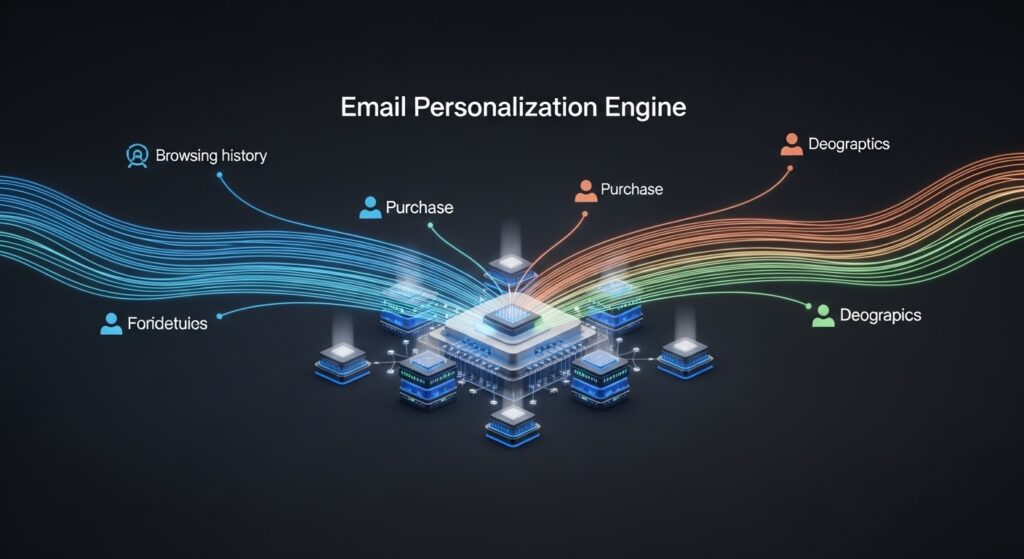
How Does a Website Benefit Your Business
Establishing Online Presence
In today’s digital age, establishing an online presence is paramount for businesses that aim to remain competitive and reach a broader audience. As potential customers increasingly turn to the internet to find products, services, and information, having a robust online presence can significantly enhance a business’s visibility. A well-maintained website acts as the cornerstone of this presence, functioning as a digital storefront that can be accessed by consumers around the clock.
Unlike traditional brick-and-mortar establishments bound by operating hours, a website allows businesses to be available to their customers 24/7. This continuous availability means that potential clients can browse products, review services, and make purchases at their convenience, irrespective of time zones or geographical barriers. For example, e-commerce giants like Amazon and smaller niche retailers have successfully harnessed their websites to boost sales and customer engagement, demonstrating the unparalleled reach of an effective online presence.
Moreover, search engine optimization (SEO) ensures that businesses can be discovered easily by individuals conducting online searches. By integrating relevant keywords, compelling content, and technical optimizations, a website can rank higher on search engines like Google. This increased visibility can attract organic traffic, leading to more inquiries, sales, and brand recognition. Illustratively, local service providers such as dental clinics or boutique law firms that have invested in professional websites often appear at the top of local search results, leading to increased patronage and community trust.
Additionally, a well-designed website serves as a platform for businesses to showcase their brand identity, share testimonials, and engage with customers through blogs or updates. The consistent and strategic online interaction not only fosters customer loyalty but also helps in building a positive reputation. By leveraging their online presence, businesses such as tech startups have managed to secure funding and build a user base even before launching their physical products.
Overall, establishing an online presence through a comprehensive website is indispensable for modern businesses. It amplifies reach, ensures accessibility, and contributes significantly to long-term growth and sustainability in the increasingly digital marketplace.
Enhancing Credibility and Professionalism
A well-designed, professional website significantly enhances a business’s credibility and professional image. In today’s digital age, the presence of a website is often considered a standard measure of legitimacy. Prospective customers visit websites to understand the values, mission, and achievements of a company before making purchasing decisions. A thoughtfully crafted website can vividly display a business’s ethos, demonstrating commitment to service, quality, and transparency.
Design plays a crucial role in establishing trust. An aesthetically pleasing, user-friendly website communicates an attention to detail and a dedication to providing a positive user experience, which reflects on the overall professionalism of the business. High-quality graphics, coherent color schemes, and intuitive navigation can transform a visitor’s initial skepticism into confidence. Businesses that showcase their certifications, awards, and industry recognition prominently on their websites reinforce their credibility and expertise.
Moreover, testimonials and reviews from satisfied clients are powerful trust builders. Displaying genuine feedback helps potential customers relate to past clients and visualize the positive outcomes they can expect. Authentic stories and experiences shared by real people create a relatable aura around the brand, increasing trustworthiness.
The quality of the content is another critical aspect. Regularly updated blogs, case studies, and informative articles demonstrate subject-matter expertise and an ongoing commitment to educating and engaging the audience. Fresh, relevant content not only attracts visitors but also signals that the business is active and thriving. In contrast, outdated or poorly written content can undermine credibility and deter potential customers.
Businesses lacking a website are often viewed with suspicion or deemed less reliable than their web-present counterparts. According to a survey by Verisign, 84% of consumers believe that small businesses with websites are more credible than those without. This statistic underscores the pivotal role a website plays in establishing a robust professional image.
A website not only showcases the company’s successes and operational ethos but also serves as a beacon of reliability in an increasingly digital marketplace. Therefore, investing in a well-maintained, informative website is indispensable for businesses aiming to bolster their credibility and professional stature.
Improving Customer Engagement and Communication
A website serves as a pivotal tool in enhancing customer engagement and communication. Integrative features such as chatbots and live chat systems empower businesses to provide real-time assistance, ensuring that customer inquiries and issues are addressed promptly. These interactive elements significantly boost user engagement by fostering a responsive and supportive online environment.
Additionally, incorporating contact forms allows customers to easily reach out with specific inquiries or support requests. These forms can route submissions to the appropriate department, streamlining the communication process and making it more efficient for both the business and the customer. FAQ sections also play a crucial role, offering instant answers to common questions and reducing the burden on customer service teams.
Moreover, websites often host blogs, forums, and integrate various social media platforms, which further deepen audience interaction. Blogs provide valuable content, drawing visitors to the site and encouraging them to spend more time exploring. Forums create a space for community building where users can discuss topics relevant to their interests and the business. Social media integrations extend the reach of a business, allowing for seamless communication channels through platforms where customers are already active.
On a more strategic level, data collected via these interactions offer profound insights into customer behavior and preferences. By analyzing this data, businesses can refine their marketing strategies, personalizing their approach to more effectively meet the needs and interests of their audience. For instance, information gathered from chat conversations and feedback forms can highlight recurring themes or issues, guiding product improvements and service enhancements.
In essence, a well-designed website not only serves as a conduit for improved customer engagement and communication but also provides a treasure trove of data that can drive informed business decisions. The multifaceted communication avenues offered by a website make it an indispensable asset for any modern business seeking to build and maintain strong customer relationships.
Driving Sales and Revenue Growth
In the digital age, a website is a pivotal tool for driving sales and revenue growth for businesses of all sizes. E-commerce capabilities empower companies to showcase and sell their products or services online, expanding their reach far beyond local markets to a global audience. This expansion opens up opportunities for increased sales and revenue streams that would otherwise be inaccessible.
Central to this strategy is the effective implementation of digital marketing initiatives. Search engine optimization (SEO) ensures that a website ranks higher in search engine results, making it more visible to potential customers. Content marketing, which involves the creation and distribution of valuable content, attracts and engages visitors. Additionally, pay-per-click (PPC) advertising places targeted ads in front of potential buyers, facilitating immediate traffic boosts. Each of these tactics aims to drive targeted traffic to a website, thereby enhancing the likelihood of converting visitors into paying customers.
Analytical tools such as Google Analytics, Hotjar, and others grant businesses the ability to monitor web metrics closely. These metrics provide critical insights into user behavior on the site, revealing patterns that help businesses optimize their websites for better user experiences and higher conversion rates. By understanding which pages hold users’ attention, where drop-offs occur, and which elements drive engagement, companies can make data-driven decisions to refine their online presence continually.
Case studies from various industries underscore the transformative impact of robust online sales channels. For instance, a small retail business specializing in handmade crafts expanded its reach through an e-commerce platform, experiencing a 300% increase in sales within the first year of launching their website. Similarly, a software company leveraged SEO and PPC to attract international clients, resulting in a 50% growth in annual revenue.
In essence, a well-crafted website, underpinned by strategic digital marketing efforts and data-driven optimizations, serves as a powerful engine for driving sales and revenue growth, proving to be an indispensable asset in today’s competitive business landscape.







Responses